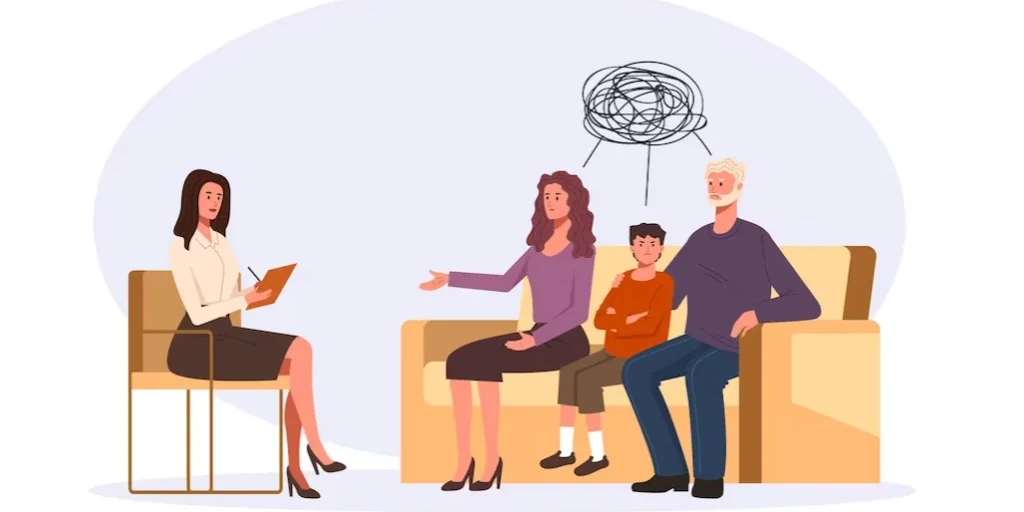24/7 Helpline:
(866) 899-221924/7 Helpline:
(866) 899-2219
Learn more about Ativan Detox centers in Lunenburg
Ativan Detox in Other Cities

Other Insurance Options

Medical Mutual of Ohio

Self-pay options

BlueCross

Health Net

Group Health Incorporated

Kaiser Permanente

Holman Group

Humana

United Health Care

ComPsych

Meritain

Highmark

Multiplan

Health Choice

Magellan Health

Sutter

Carleon

Anthem

Horizon Healthcare Service

Lucent







Three Rivers Treatment Center Academy
Three Rivers Treatment Center Academy is a private rehab located in Kenbridge, Virginia. Three River...







































































